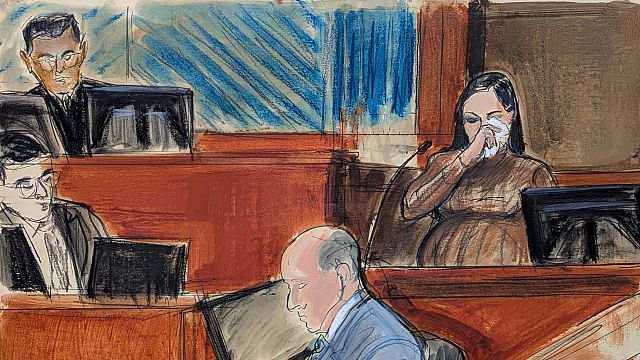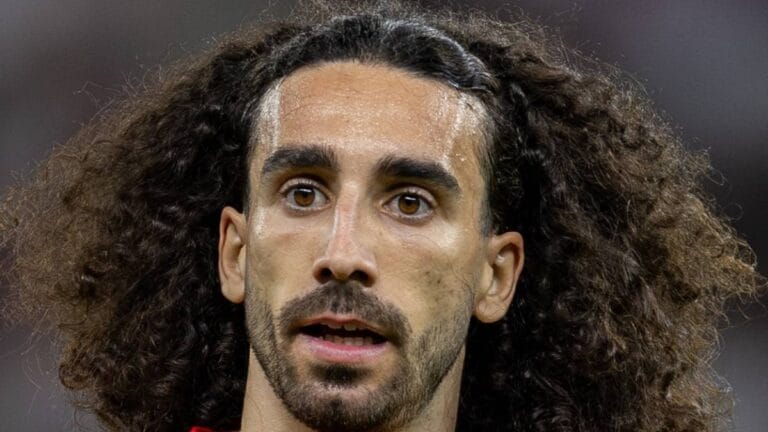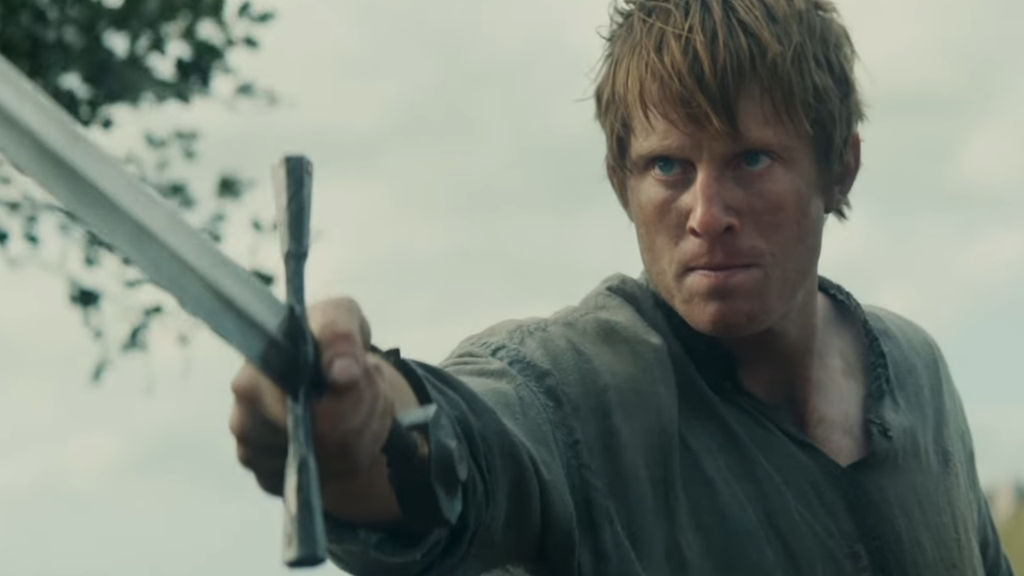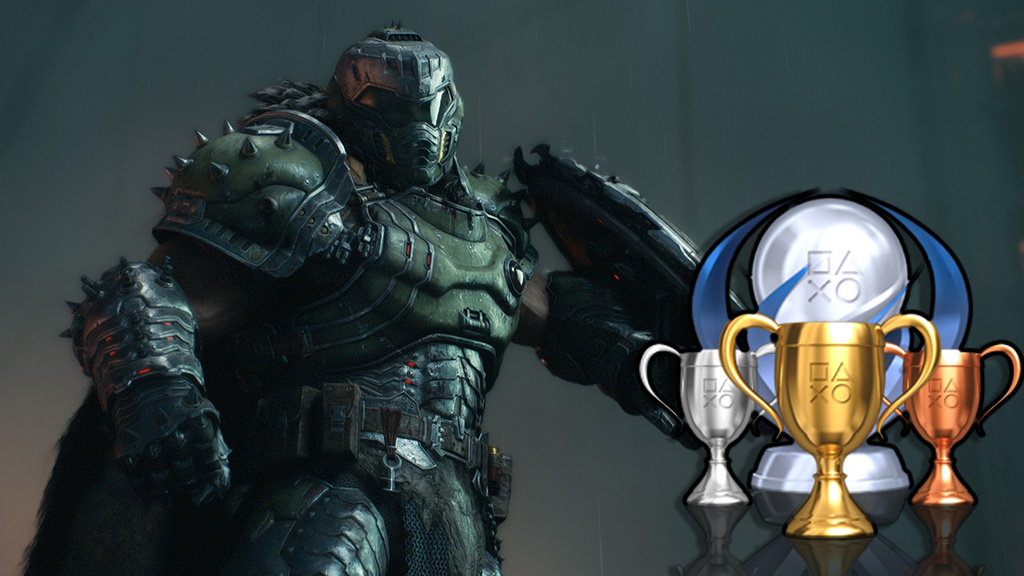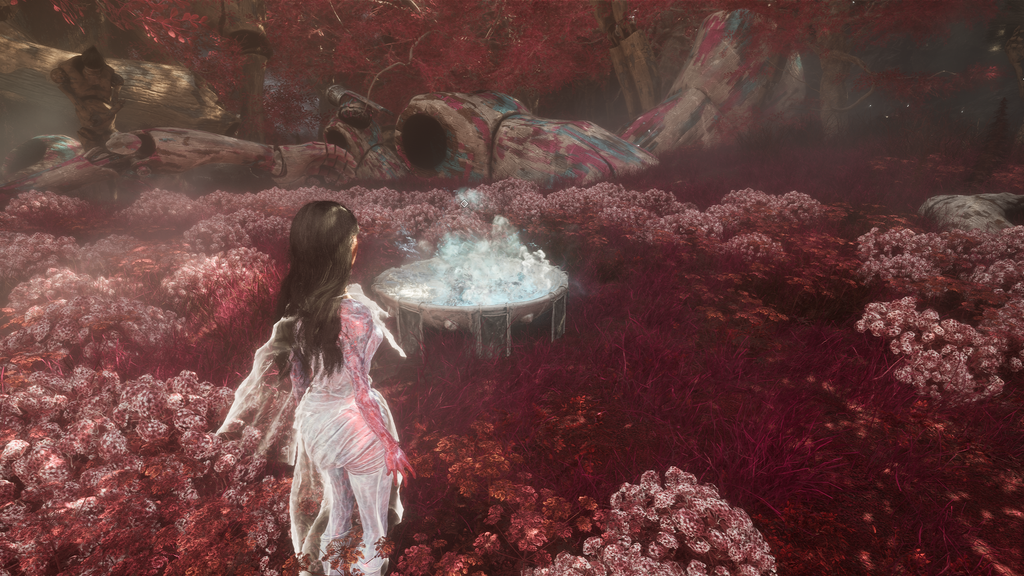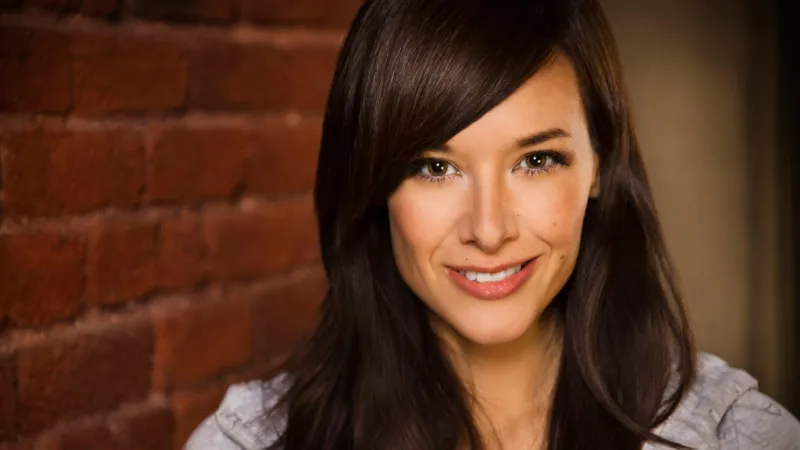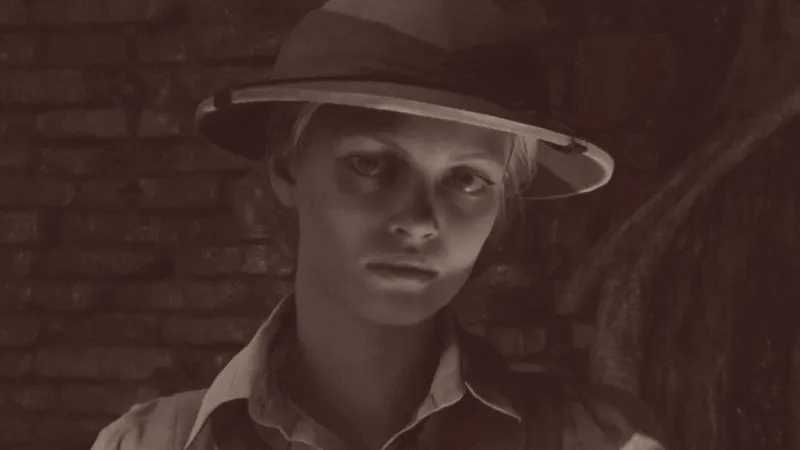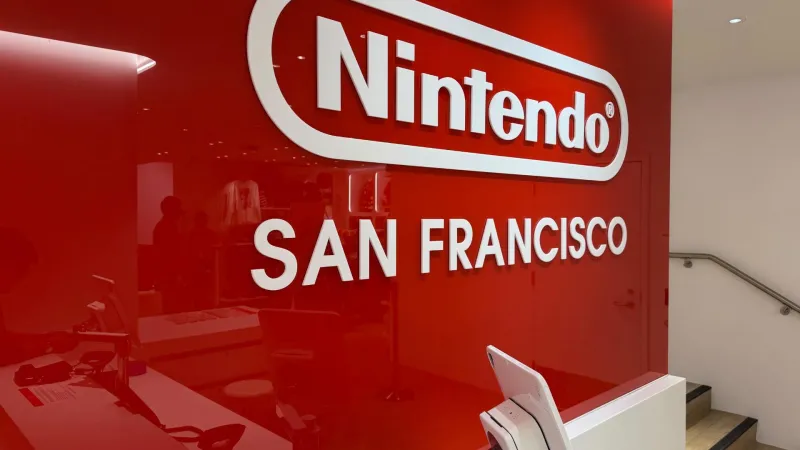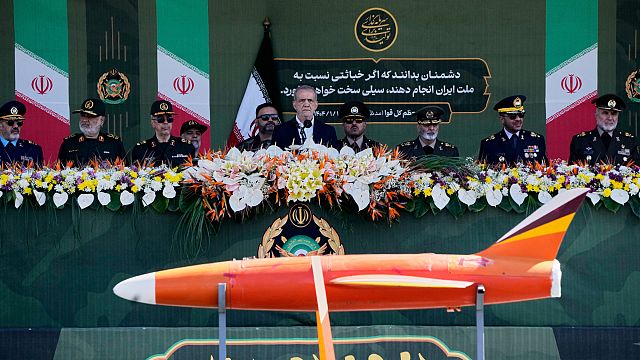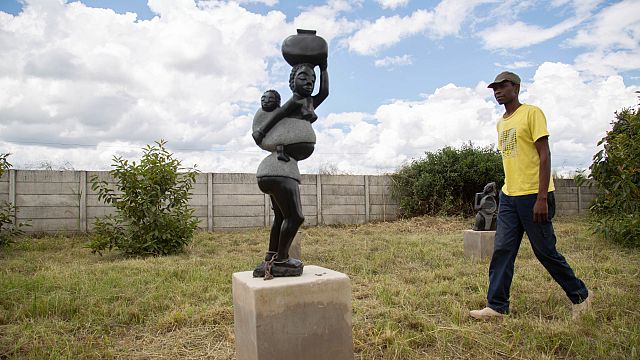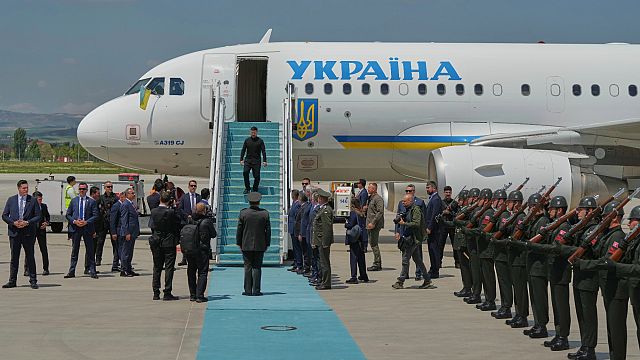Succès Masra, Opposition Leader in Chad, Is Arrested and Accused of Inciting Violence


A major opposition leader and former prime minister of Chad was arrested early Friday, fueling fears of another crackdown on dissent in a country that has repeatedly used state power to silence critics.
The politician, Succès Masra, was arrested on charges of incitement to hatred and revolt, complicity in murder and the desecration of graves, Chad’s prosecutor, Oumar Mahamat Kedelaye, said, in connection with an outbreak of violence between communities this week that killed dozens of women and children.
Civil society and political activists have recently faced imprisonment, torture, intimidation and death at the hands of Chad’s security forces. Supporters of Mr. Masra, Chad’s best-known opposition figure and leader of the Transformers political party, saw his arrest as a part of that pattern, and in hundreds of social media posts, they clamored for the government to let him go.
“We demand his unconditional release,” wrote one of them, Robine Zita, on his Facebook page.
“Rise up, Transformers, for the immediate liberation of our president,” wrote another, Sabine Denehybe.
Parts of Africa have become increasingly tough places to be an opposition politician. On Tuesday, Mali’s military junta announced it was dissolving all political parties in the country, and last month, one of its most vocal detractors was arrested after criticizing the country’s military rulers. Also last month, Ivory Coast’s main opposition leader, Tidjane Thiam, was barred from running in the coastal country’s upcoming presidential election over his French citizenship — despite having relinquished it in order to run.
In Chad, a landlocked country in north-central Africa, Mr. Masra was taken from his residence by men in military uniforms at 5 a.m. local time, the secretary general of the Transformers said in a statement, calling the arrest an “abduction” because no court summons was produced. Later, the party released another statement on its Facebook page, saying its leaders and Mr. Masra’s lawyers had been able to see him, and calling on the party’s supporters to stay calm and await instructions.
The prosecutor, Mr. Kedelaye, linked Mr. Masra to a deadly attack this week on villagers in the southwest province of Logone Occidental, where there has been rising conflict between herders and farmers in recent years. At a news conference on Friday, Mr. Kedelaye said the opposition leader had broadcast messages on social networks “calling on the population to arm themselves against other citizens.”
The prosecutor did not specify the inciting messages he accused Mr. Masra of sending, and a review of Mr. Masra’s Facebook and X accounts did not find any. He did, however, express condolences for the bereaved families and said that the cause of the conflict in Logone Occidental was not clear.
His post ended: “The life of no Chadian should be trivialized.”
Remadji Hoinathy, a senior researcher focused on Central Africa and the Lake Chad Basin at the South Africa-based Institute for Security Studies, said that he would withhold judgment until the prosecutor presented any evidence it has against Mr. Masra.
“We’re waiting to see it,” he said. But, he said, it was a complex situation, and Chad’s government has a pattern of using the judicial apparatus against opponents.
“These events can’t be separated from the government’s desire to pressure and silence opponents who, until now, have stood up to it,” he added.
A previous opposition leader, Yaya Dillo, said in 2021 that security forces had killed several members of his family in a failed attempt to arrest him. Mr. Dillo was killed in a gun battle last year with security forces at his party headquarters in the capital, N’Djamena.
Later that year, the country’s longtime dictator, Idriss Déby, was killed on the battlefield as government forces and a rebel group clashed in the north. His son, Mahamat Déby, seized power at the head of a military junta.
Mr. Dillo was expected to run for president last year against the younger Mr. Déby.
Mr. Masra was a fierce critic of the Déby dynasty, but last year, the president named him prime minister five months before a presidential election. Many Chadians accused him of deep betrayal when he joined the regime, but Mr. Masra then ran against the president who had appointed him.
Mahamat Déby was declared the winner of that contest, but civil society groups dismissed it as a sham, and Mr. Masra claimed to be the rightful winner.
What's Your Reaction?
 Like
0
Like
0
 Dislike
0
Dislike
0
 Love
0
Love
0
 Funny
0
Funny
0
 Angry
0
Angry
0
 Sad
0
Sad
0
 Wow
0
Wow
0



